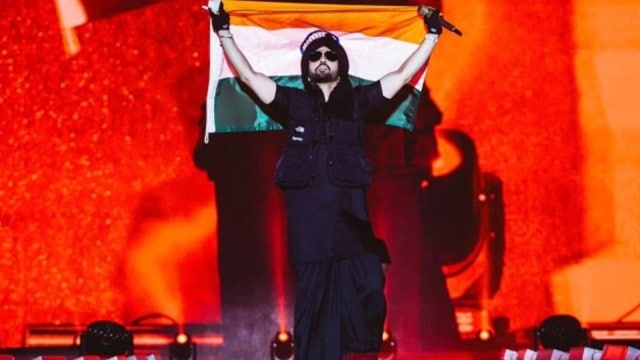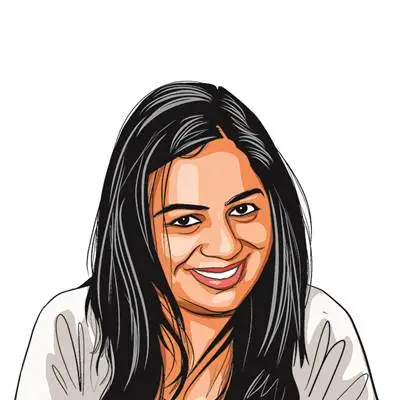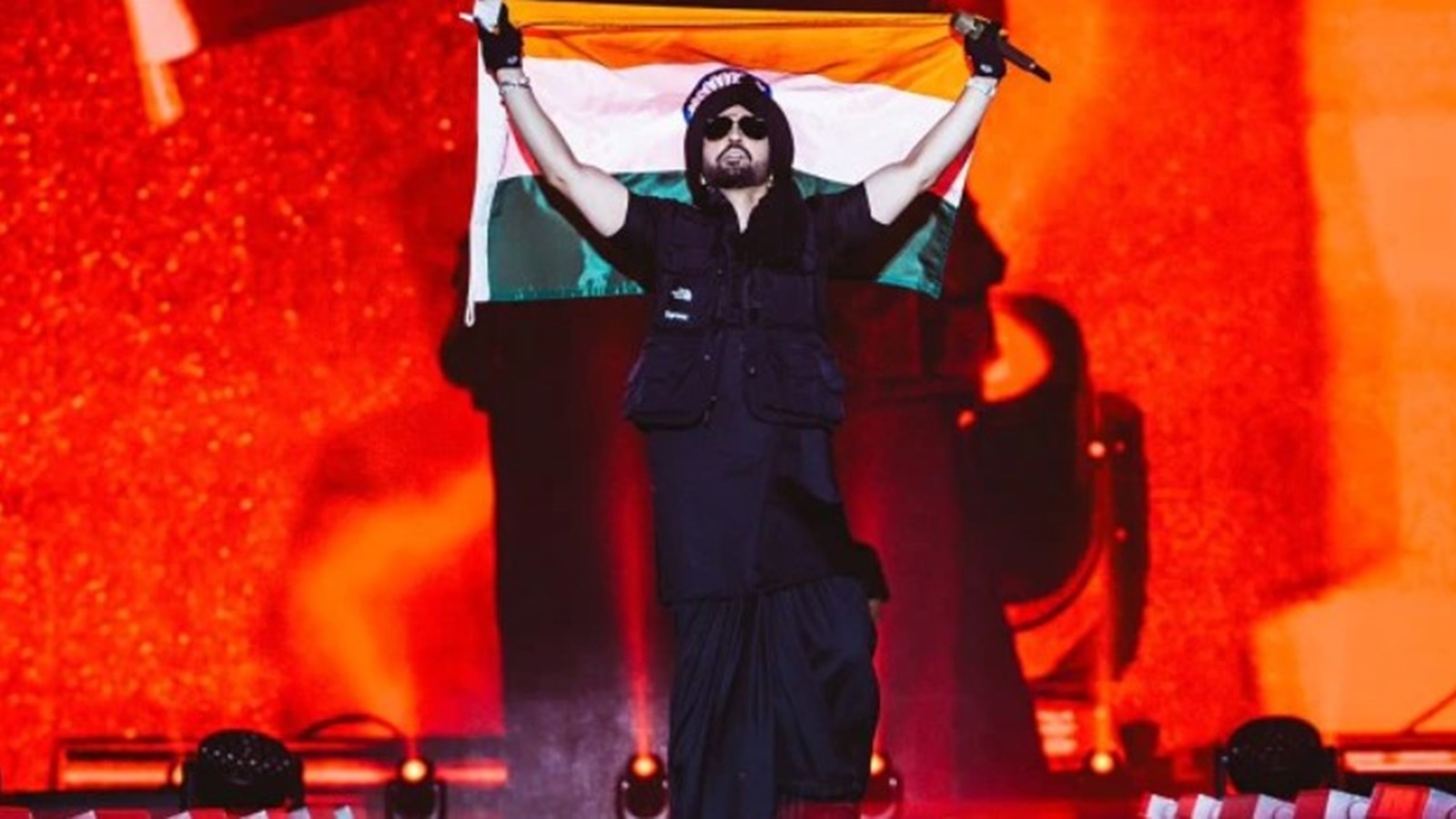

Nov 20, 2024 12:35 IST First published on: Nov 20, 2024 at 12:31 IST
According to a report published in August by the National Institute of Public Finance and Policy (NIPFP), Telangana has the highest average annual per capita consumption expenditure on alcohol in India. Popular Punjabi pop star and folk icon Diljit Dosanjh had yet to set foot in the state. So, when India’s youngest state sent a notice to Dosanjh ahead of his Hyderabad show last week, saying that he could not perform songs promoting alcohol, drugs and violence, questions emerged around artistic licence vis-a-vis censorship and why necessary restrictions sometimes should not be confused with a government’s notions of morality.
The move came after a Chandigarh resident filed a complaint specifically citing three songs – ‘Patiala Peg’, ‘5 Taara’ and ‘Case’ — as the culprits in Dosanjh’s repertoire. While two of these have mentions of alcohol, with Dosanjh playing the role of a lovelorn man drowning his sorrow in alcohol in the music videos, the latter is about a case going on because opium was found in the pockets of his friends. India’s top pop export tweaked the songs, using “Coke” in place of “daaru” and “hotel” in place of “theka”, leaving the audience in splits. He also took a dig at the government. “When artistes come here from other countries, they are allowed to do whatever they want… but when an artiste from your own country is singing, people have problems… I also sing devotional songs. You are only concerned about Patiala Peg,” said Dosanjh, tongue firmly in cheek at his Ahmedabad concert.
There is no ambiguity about the fact that there has been an erosion in Punjab’s cultural identity in the last few years – perhaps as a result of faltering finances and the waning prospects from agriculture and not least the purposelessness due to a lack of jobs. Older motifs in songs – about births and weddings, village and military life – that once dominated the folk music space have been replaced by stories about guns, misogyny and explicit references to drugs, fast cars and alcohol. The loss of innocence and its replacement with a certain aggressive culture in Punjabi songs has been a prominent cultural shift buoyed by the internet. There is also the concept of conditioned reflexes – many studies claim that when one is exposed to the same stimulus again and again it can shift one’s response and imbibed morality. This can, for instance, alter one’s perception of alcohol being cool.
The question then is: How much poetic licence and creative freedom are “allowed” before paternalism and censorship kick in? How do we put this moral burden on one artiste, censor one musician with minor references and let so many others with much more explicit content go unscathed? Dosanjh is right in pointing out that many musicians from abroad get away with so much in their songs, be it misogyny or abusive language, when they perform in India. In fact, many Indian artistes like Honey Singh have gotten away in the past with much worse, notably a violent, objectified, commodified view of women. Dosanjh also asked why the government does not ban alcohol before asking him to not sing about it. These are valid questions.
Unlike so many celebrities who act as vehicles for surrogate advertising, Dosanjh does not endorse an alcohol or tobacco brand. He announced on stage that he does not consume alcohol. Censoring Dosanjh’s existing songs, then, borders on being ridiculous. Divorcing art from its context and banning it does not make sense. So many ghazals from the past have extolled wine. Should we stop reading them? Or not listen to Kishore Kumar because he sang “Log kehte hain main sharaabi hoon”? Or not watch crime movies or read crime fiction because some people think that it will lead to people murdering someone? Let’s be adults.
Dosanjh is a brilliant musician, the first Punjabi artiste to find global success, someone who does not hesitate to take a political stand, and who talks of Punjabi pride across borders. He supported the farmers’ protests, and more recently, gifted a souvenir to a Pakistani fan on stage, saying, “Borders are made by politicians. We love everyone… Music sabda sanjha hai (Our music is common and shared)” and often speaks of community and harmony. After being trolled for this and being called a “Khalistani” and “anti-national”, he was seen exhibiting the Indian flag with the refrain “Main Hoon Punjab” at his opening concert in Delhi. It was a reply to the trolls about his affection for his nation. He hit back with “Ye mera ghar hai”. In fact, my discomfort with Diljit lies mainly in his promotion of Jatt pride, which, just like Brahmin supremacy, contributes to casteism and is a subject of quite a few of his songs. ‘Patiala peg’, a motif so Punjabi and so embedded in popular culture, does not make it even to the misdemeanour category. The bizarre notice in Hyderabad reminded me of a famous couplet by Zauq where the Mughal poet wonders how faith can be equated with alcohol consumption:
most read
Zahid sharaab peene se kafir hua main kyun/
Kya dedh chullu bhar paani mein imaan beh gaya
(O zealot, how did I become a non-believer by drinking alcohol/ Did my faith drain away with just a handful of water?)


